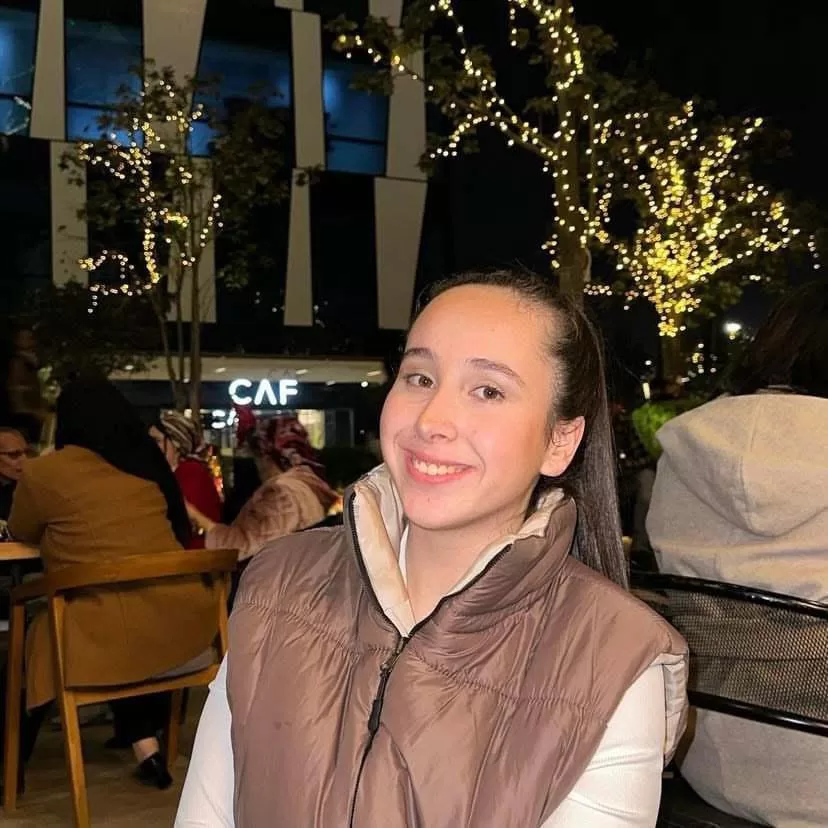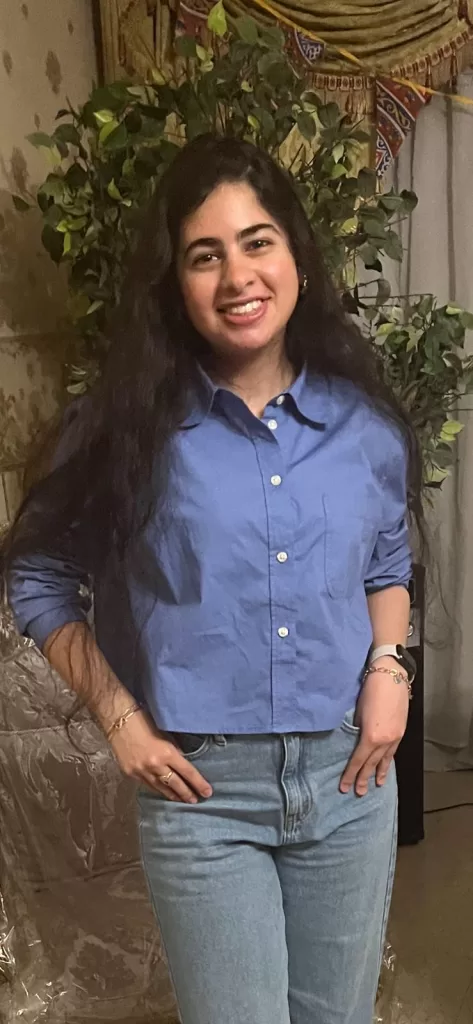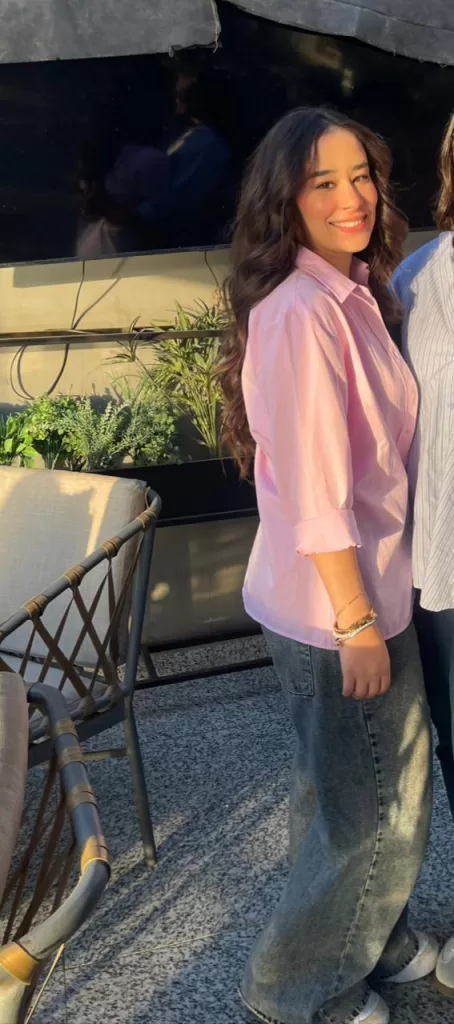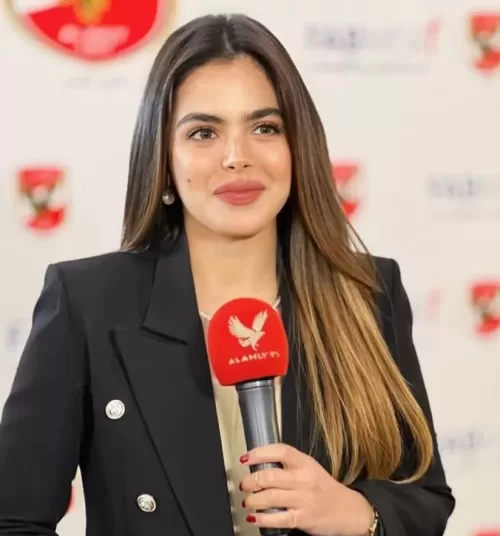By: Nadia Azzam, Shahd Diaa and Jana Ayman
TV presenter Hana Abu El-Kassim believes in the role of the media in bridging gaps between athletes and sports clubs, on one hand, and their fans, on the other.
Sports journalism, she said, has a mission that goes beyond reporting scores.
This media’s job, she added, is to convey the struggles and successes behind every match, every sports event and every trophy.
“Sports media has the responsibility to connect with audiences and foster appreciation for football across all segments of society,” Abu El-Kassim said.
She, however, views Egypt’s sports media landscape as being heavily dominated by the nation’s two largest sports clubs: Al Ahly and Zamalek.
This, she said, makes it difficult for other clubs to receive the attention they deserve.

“These two clubs have their own dedicated channels, which amplify their coverage,” Abu El-Kassim said.
“Meanwhile, other teams struggle for visibility simply because media awareness is lacking,” she added.
She expressed hopes that the media can adopt a more inclusive approach, one that ensures that all teams, regardless of their popularity, receive fair coverage.
“Every club has talented players, passionate fans, and inspiring stories that deserve to be told,” Abu El-Kassim said.
“A broader focus in sports media would not only benefit other clubs but also enrich Egypt’s overall sports culture,” she added.
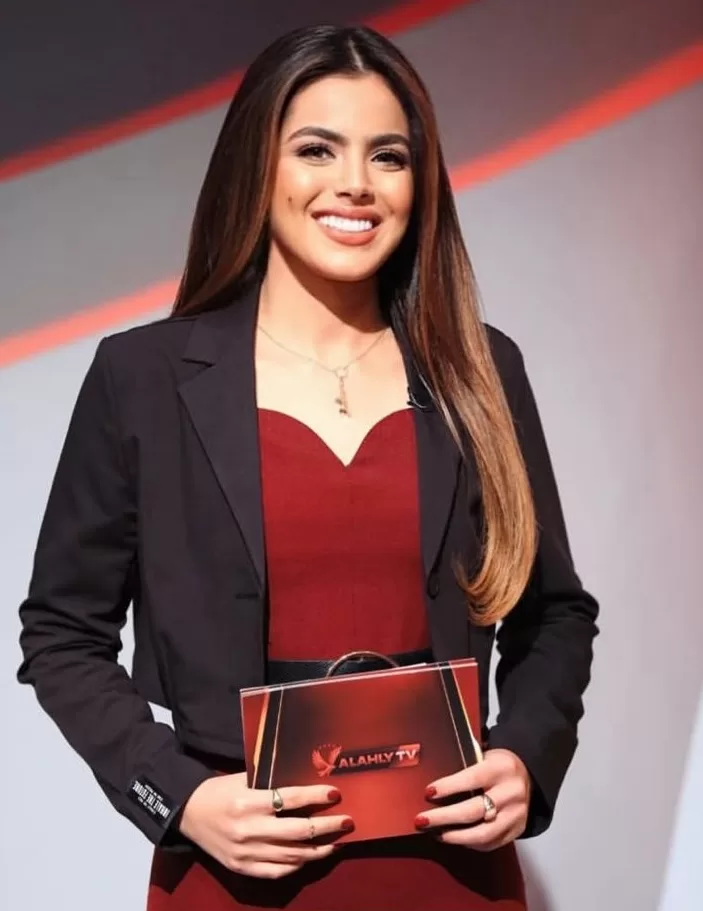
Challenges
Acknowledging the challenges facing sports journalism, Abu El-Kassim admitted that media coverage is often criticised for its bias.
Nonetheless, she believes that criticism should be constructive and respectful.
“As media professionals, we are not perfect,” Abu El-Kassim, who works for Al-Ahly TV, the TV channel owned by Al-Ahly sports club, said.
“There is always room for improvement, and I welcome thoughtful criticism from those who genuinely seek to enhance the industry,” she added.
She acknowledged that some sports and athletes do not receive the recognition they deserve.
“It’s a reality that certain sports are overlooked, and some players or teams struggle for visibility,” she said.
“What concerns me is the way criticism is often expressed,” she added.
She noted that social media has given everyone a platform to share their opinions, but it has also created a space where people feel entitled to use harsh and disrespectful language.
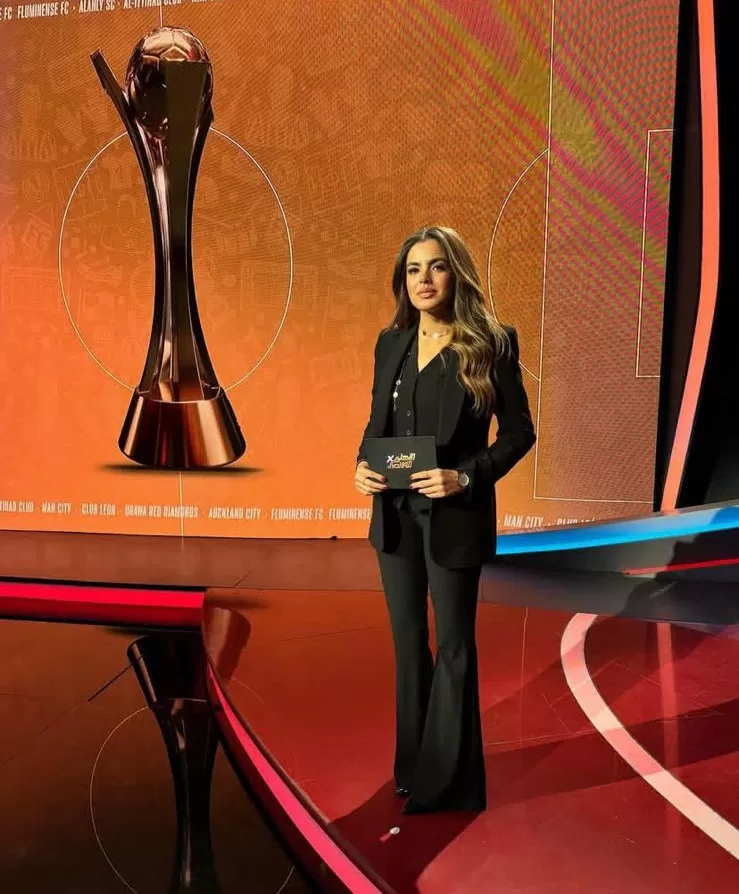
Balanced criticism
Abu El-Kassim stressed the importance of abiding by professional standards in sports discussions.
“Criticism should be fair and respectful,” she said. “Using offensive language or attacking individuals does not solve problems, but only spreads negativity.”
She said journalists can benefit from feedback in improving their work, if people adhere to the standards of constructive and decent criticism.
She called for the presence of what she described as “healthy dialogue” between fans, media professionals, and athletes.
Abu El-Kassim also hoped there would be unity in sports journalism.
“We are all part of the same community, and we must work together to improve sports coverage,” Abu El-Kassim said. “Football is not just about Al Ahly and Zamalek–there are many other hardworking teams and athletes who deserve recognition,” she concluded.
This interview was part of the graduation project of the College of Language and Communication at the Arab Academy for Science and Technology and Maritime Transport.
